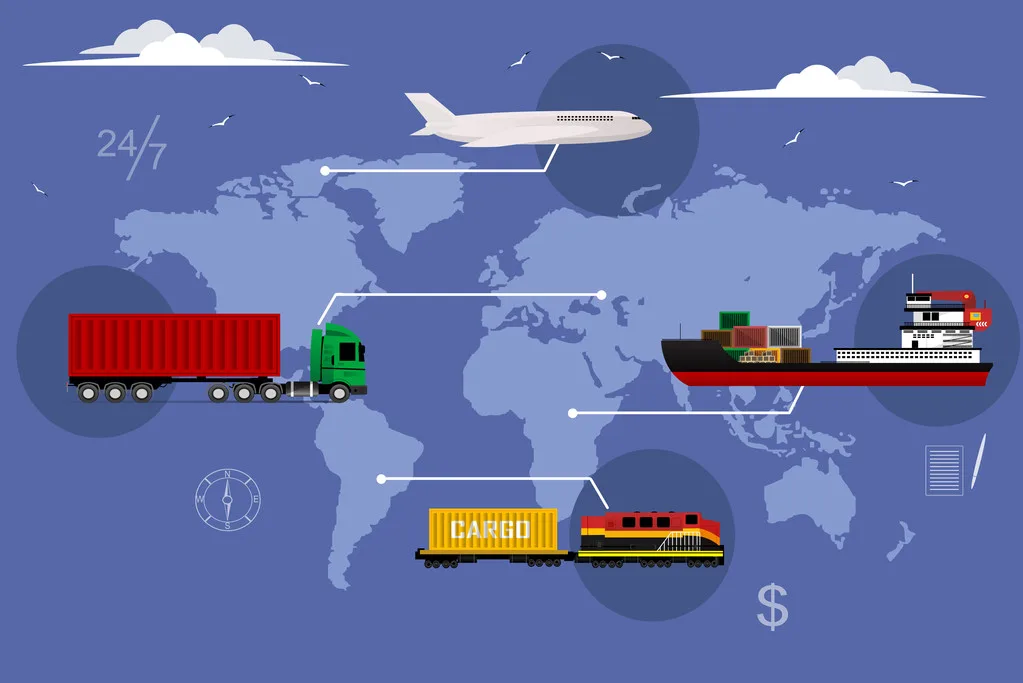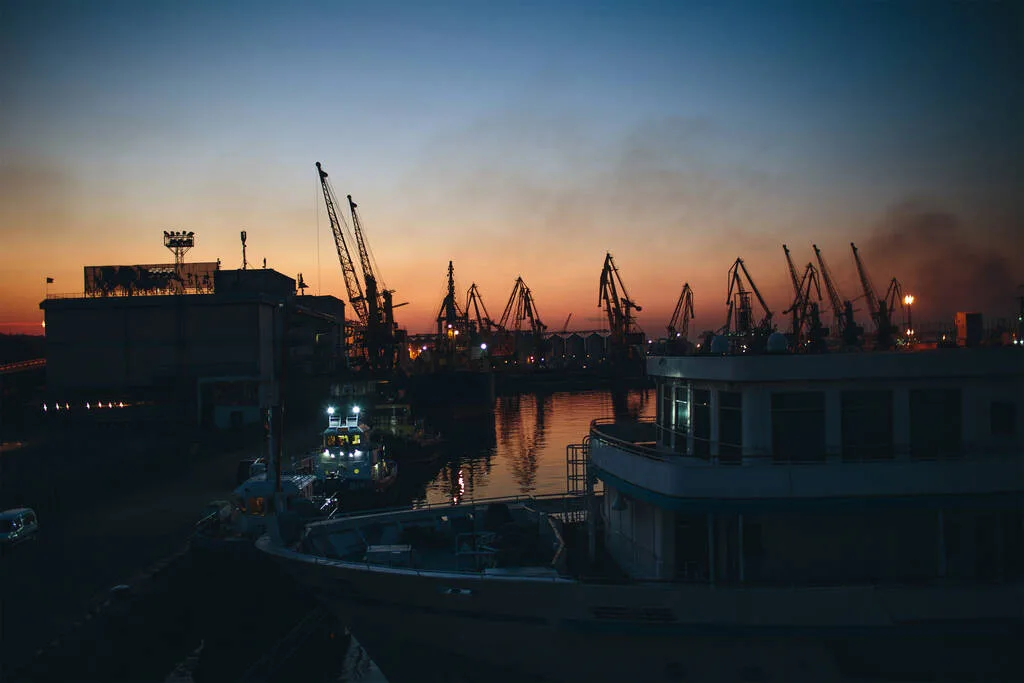China and Malaysia also maintain close trade relations. As a key trading partner of Malaysia, China has promoted the urgent need for efficient and safe logistics solutions on both sides. In this context, the international trade term DDP (Delivered Duty Paid) is widely used in the field of maritime logistics from China to Malaysia.
DDP Definition Adapted to Malaysian Context

In an international trade scenario involving Malaysia, the DDP clause means that the seller must bear all costs and risks until the goods are delivered to the designated location in Malaysia, covering international freight, insurance costs, and all import taxes and customs clearance procedures at the destination. Using DDP terms, buyers do not need to handle additional customs clearance or tax payment steps when receiving the goods in Malaysia, which greatly simplifies the import process.
Advantages and Adjustments of DDP to Malaysia

Simplified Buyer Process
Significantly improve the buyer’s experience, because all complex customs clearance and tax processing are solely responsible for the seller, the buyer only needs to prepare to receive the goods, effectively reducing the complexity and time cost of importing.
Risks are Clearly Defined
The seller assumes responsibility from beginning to end until the goods arrive safely in the hands of the Malaysian buyer, effectively reducing potential disputes between the buyer and seller and clearly defining the scope of responsibility.
Accurate Cost Budgeting
Since DDP covers all costs, sellers can accurately estimate the total cost in advance, which facilitates budget control and quotation transparency, while buyers can avoid any unforeseen additional expenses.
Process Adjustment for DDP Sea Freight to Malaysia

Contract conclusion
Be clear about the terms of the DDP and detail all fees and services covered in the contract.
Cargo preparation
Complete a series of pre-delivery preparations such as packaging and inspection of goods in China.
Route planning
Choose a suitable shipping route, such as departing from major ports such as Shanghai and Ningbo in China to Port Klang or Tanjung Pelepas in Malaysia, and arrange shipping reservations.
Customs clearance and tax processing
The seller is responsible for export customs clearance in China and import customs clearance in Malaysia, including payment of all taxes such as customs duties and sales tax.
Inland transportation
After customs clearance in Malaysia is completed, land transportation will be organized to deliver the goods to the buyer’s designated address.
Adjustments to DDP-related Precautions

Compliance Review
Ensure that goods comply with Malaysia’s import regulations and standards to prevent delays or fines caused by contraband or non-compliance.
Tax Rate Dynamic Tracking
Pay attention to changes in Malaysia’s tax rates, especially when economic policies are adjusted or the international trade environment changes, and cost budgeting strategies need to be adjusted in a timely manner.
Logistics Partner Selection
Choose a freight forwarder with rich experience and a reputable reputation, especially an enterprise that is proficient in China-Malaysia trade rules and can provide double customs clearance and tax-included door-to-door services, such as NEW SPEED Logistics Group.
Shipping Process from China to Malaysia

The shipping process can be outlined in the following steps, tailored for shipments destined for Malaysia:
Packaging:
Upon completion of production or procurement, the items are packaged in accordance with standard export practices or customized as per the buyer’s specifications.
Pickup:
Post-packaging, a trusted freight forwarder collects the goods from the supplier’s warehouse and transports them to the seaport or airport, as applicable.
Delivery to Port:
On arrival at the port, the goods are moved into the warehouse storage area, awaiting shipment aboard a vessel or aircraft.
Free Warehouse Storage:
Goods benefit from complimentary warehousing for a period of typically 30 days, ensuring they are ready for loading before any storage fees apply.
Customs Clearance:
At this stage, customs officials inspect the goods and verify the accompanying documentation for accuracy. Once the necessary duties are paid, clearance for onward journey is granted.
Cargo Insurance:
Insurance coverage for the cargo against unforeseen events is arranged, generally based on the invoice value of the goods.
Cargo Supervision:
Port authorities supervise the cargo to prevent theft, misuse, damage, or misplacement, keeping it secure and under close watch.
Loading and Dispatch:
Finally, the cargo is loaded onto the ship and dispatched to its Malaysian destination, with careful placement in designated areas.
Support from NEW SPEED Logistics:
NEW SPEED Logistics stands ready to assist throughout this entire process, leveraging its expertise and resources to ensure safe and timely delivery.
DDP Shipping Main Routes and Features to Malaysia

DDP Shipping from Shenzhen, China to Malaysia
To Port Klang: Estimated shipping time is around 4-5 days (post-departure).
To Tanjung Pelepas Port: Though specifics may vary, travel time from southern Chinese ports to Tanjung Pelepas is comparable to that of Port Klang, usually within 4-5 days post-sailing, subject to confirmation based on the actual sailing schedule.
DDP Shipping from Northern and Eastern China to Malaysia
From Northern China to Port Klang or Tanjung Pelepas: Expect a sea voyage of approximately 12-16 days.
Eastern China enjoys frequent sailings with potentially shorter transit times; however, precise durations require consultation with the current route schedule.
Considerations in Selecting DDP Shipping Route to Malaysia
Choice of Departure Port: Major Chinese ports like Shanghai, Tianjin, Shenzhen, Qingdao, and Ningbo offer options based on your location and cost-benefit assessments.
Route Efficiency: The South China Sea route linking southern China to Malaysia’s west coast might offer advantages in terms of speed and cost over alternatives.
Frequency of Shipping Schedules: Malaysia’s prime ports, Port Klang and Tanjung Pelepas, boast high-frequency sailings, facilitating rapid response to market demands.
Customs Regulations for Shipment of Goods from China to Malaysia

Container ship and containers in port, cargo plane flies over it
Customs declaration regulations: All imported and exported goods must be declared to Malaysian Customs before entering Malaysia. This includes completing a customs declaration form such as Customs Form K1 or the corresponding electronic form submitted via Electronic Data Interchange (EDI).
Required Documents: Importers or their agents are required to prepare and submit a series of documents, including but not limited to:
Sea waybill or air waybill
At least three copies of the invoice
Packing List
insurance document
Release Notice (Customs Form K2 or corresponding electronic version)
Foreign exchange transaction statement (when the import amount exceeds RM500,000)
Import license (if applicable)
Certificate of origin (if applicable)
Other relevant documents, such as product catalogs, specifications, etc.
Tariffs and taxes: Malaysia levies tariffs on imported goods, and the specific tax rates are based on the HS code and Malaysia’s tariff policy. Certain goods may enjoy preferential tax rates under bilateral or multilateral trade agreements. Importers need to understand and calculate expected duties and excise taxes in advance.
Restrictions and prohibited items: Malaysia imposes import restrictions or prohibitions on specific goods, such as drugs, weapons, some foods and publications, etc. In addition, it is worth noting that certain goods such as games and their accessories may face import restrictions in some cases. Although this does not directly apply to shipping from China to Malaysia, it reminds us that we need to pay attention to the destination country when shipping between different countries. specific prohibitions.
Customs clearance process: Malaysian Customs implements an electronic customs clearance system (single window system) and encourages the use of electronic declarations to speed up customs clearance. Importers or their agents are required to submit documents through the system and follow the inspection, valuation and release process of the goods.
Special note: For sensitive goods such as cosmetics, import may require additional approvals or licenses and may encounter more stringent inspections.
Ensuring compliance with these regulations will help reduce delays in goods passing through Malaysian customs and facilitate smoother international trade. It is recommended to work with an experienced logistics service provider to ensure that all operations comply with the latest regulatory requirements.

